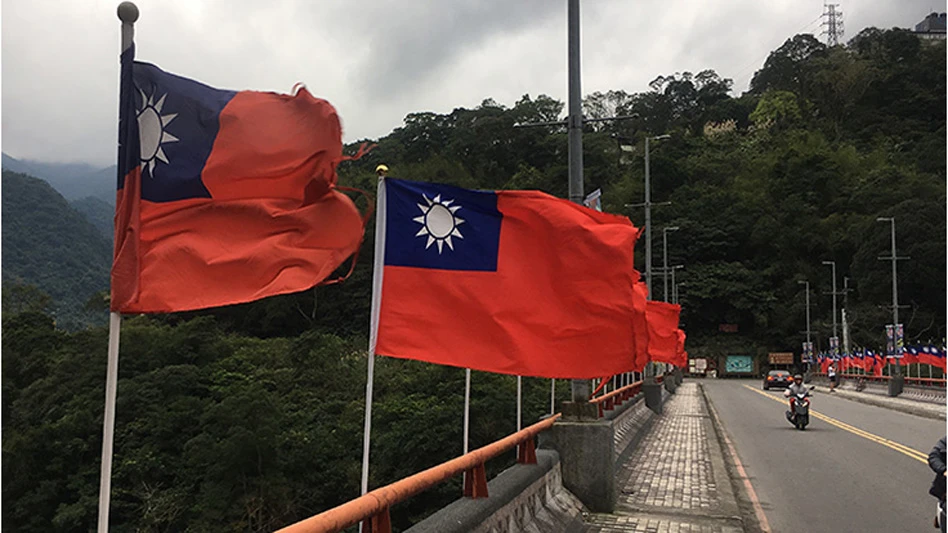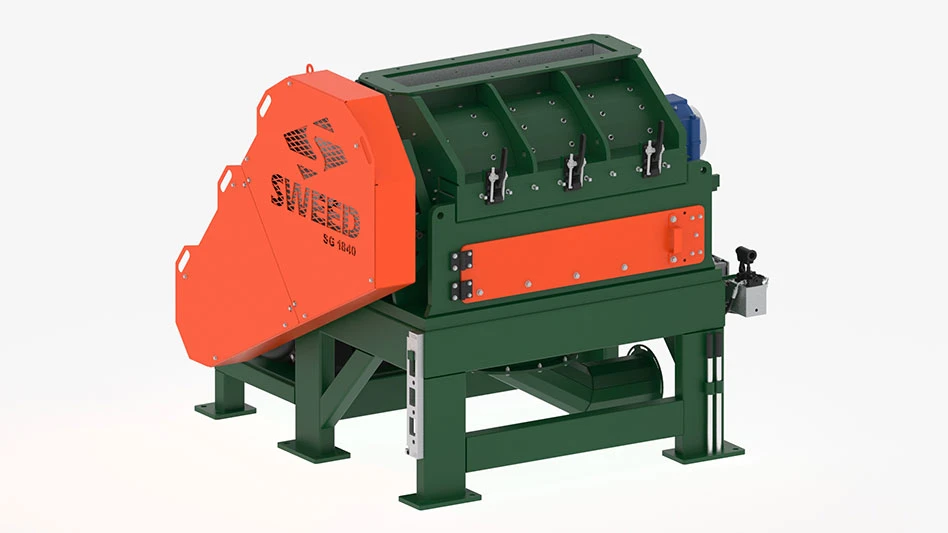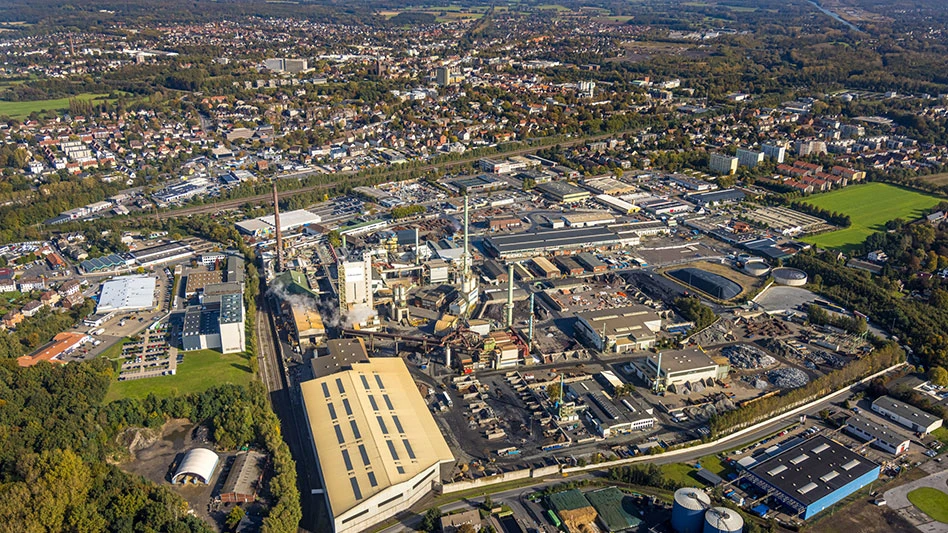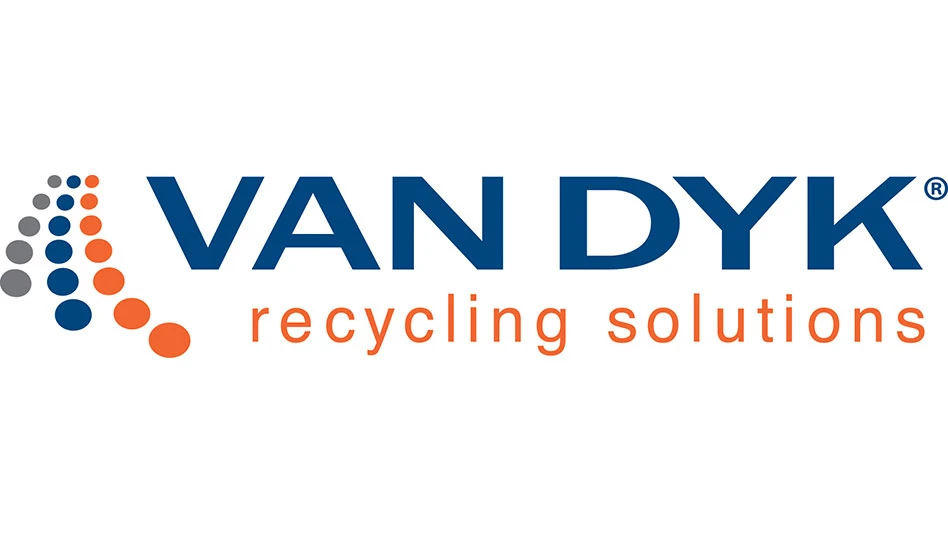
Recycling Today archives
Reports from nearly 10 recyclers and traders on the Plastics Recycling Committee of the Brussels-based Bureau of International Recycling (BIR) point to several problems in the sector, including the availability of low-cost virgin plastics.
Natalia Cruz Cayuela of Spain-based Grupo Ferromolins is among the recyclers who mentions in the October BIR World Mirror that companies are abandoning the recycled option and reverting to the use of virgin material as a negative factor in the market.
"Recycled plastic is the more expensive, owing to the costs of collecting, sorting, transporting and reprocessing," Cruz Cayuela says.
Marvin Pfeiffer of Germany-based Sinox Polymers GmbH describes similar circumstances, writing, “The drop in virgin polymer prices follows a decline from those high freight levels seen during the COVID-19 pandemic because of congestion at major ports worldwide.”
Thus, Pfeiffer adds, cheap virgin polymers means demand for recycled plastics has fallen in Germany, as in the whole of Europe.
Steve Wong of Hong Kong-based Fukutomi Co. Ltd. says restrained demand for reprocessed plastic in China means most recyclers in Southeast Asia are developing domestic markets while exporting to Europe and the United States, particularly washed polyethylene terephthalate (PET) flakes, which are fetching nearly $1,000 per ton.
Reporting from the U.S., Sally Houghton of the Plastic Recycling Corp. says in California, PET volumes are “unusually low” but demand is consistent.
Houghton adds that imported postconsumer PET flake is up to 10 cents per pound lower that what is being produced in California, meaning that imported rPET flake is being delivered to reclaimers’ customers at less than their cost of production. he rest of the U.S. is not experiencing the same impact as the West Coast.
Pricing notwithstanding, Max Craipeau of Greencore Resources Ltd., which operates from Singapore, Indonesia, Hong Kong and Poland, says the collection of PET and other plastics is in need of renewed attention.
“While recycling capacities are poised for growth, their efficiency remains constrained by the bottleneck of PET bottle collection,” Craipeau writes in the World Mirror. “Without a paradigm shift in collection strategies, many recyclers could be running at mere fractions of their capacities. This operational inefficiency could further escalate feedstock prices, reflecting this supply-demand disparity.”
On the demand side, Craipeau points to Thailand-based Indorama Ventures as a champion of new rPET capacity, and to activity in Taiwan. “Taiwan stands resilient as the prime market for [rPET flake] cargoes, holding its formidable position in the rPET pellet export spectrum,” Craipeau says.
“Thai Shinkong, the joint venture between Mitsubishi and Taiwan’s Shinkong, has set the stage for a transformative era in bottle-grade rPET production. With a significant production capacity targeting the Japanese export market, the initiative heralds a promising trajectory.”
Latest from Recycling Today
- Partnership to bring local recycling instructions directly to consumers
- ReMA notes the benefits of recycled materials on America Recycles Day
- Tozero raises 11M euros in seed funding to ramp up battery recycling efforts
- Critical Mineral Consistency Act passes House
- Alberta recycling group selects Diversys to digitize its beverage container recovery program
- Recycling Today Media Group hires Mallory Szczepanski
- Berry increases recycled PE use by 36 percent
- Bower, Varta join forces on AI-powered scanning for consumer batteries





